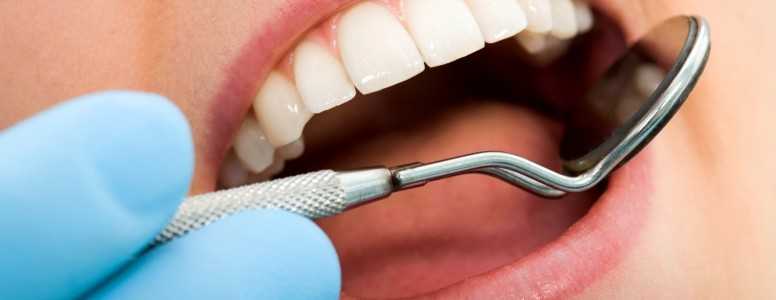The children of parents who have type 1 diabetes are at a greater risk of developing attention deficit hyperactivity disorder (ADHD), a study has suggested.
While the findings indicate an association between the two conditions, there is no evidence to explain this link, and further research is planned.
Scientists from the Center for Primary Health Care Research at Lund University in Sweden identified more than 15,600 children who all had parents with type 1 diabetes. Their health outcomes were then compared to a group of 1,380,829 young people who did not have the condition in the family.
They discovered the ADHD risk was 29 per cent higher among children who had a parent with type 1 diabetes compared to the group where diabetes did not exist.
Just like type 1 diabetes, ADHD is often identified in childhood between the ages of six and 12. No one can yet explain exactly why the condition develops, but it is believed being born prematurely, having a low birthweight and the mother smoking, taking drugs or drinking large quantities of alcohol during pregnancy might contribute toward the diagnosis.
Currently there is no cure for the condition, but it can be managed with medication and appropriate educational support for both the parent and the child.
Boys were more likely to be diagnosed with ADHD than girls and the risk of the condition increased if it already existed in the family.
The researchers wrote: “An important strength of this study is that it is a nationwide study, and the number of individuals with a parental diagnosis of [type 1 diabetes] is large enough so that we have sufficient study power to look at associations.
“All data were retrieved from Swedish registers that are of high quality and have national coverage. The prospective study design and the completeness of the follow-up of patients are other major advantages of the current study.”
The findings appear online in Diabetes Care.
What's new on the forum? ⭐️
Get our free newsletters
Stay up to date with the latest news, research and breakthroughs.








